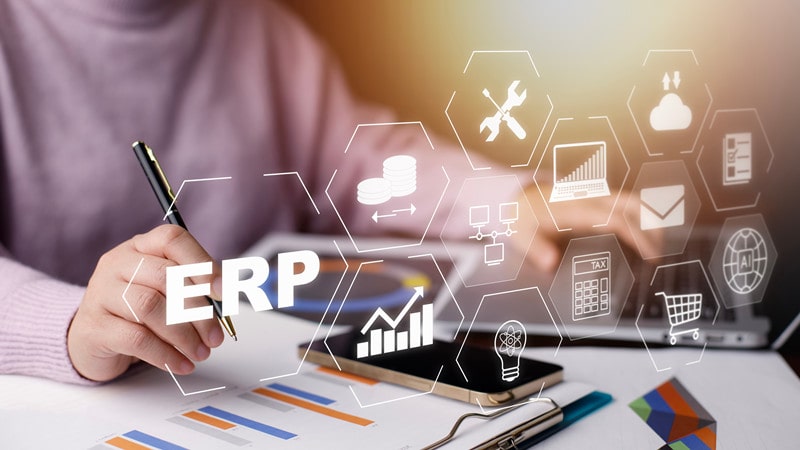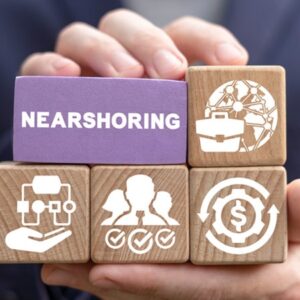
Companies of all types and sizes are adopting advanced technologies to remain competitive. As a result, enterprise resource planning (ERP) is critical to properly manage and integrate core business processes like inventory management, finance, and human resources. Discover which ERP systems are best for your business and how the right system makes a difference in achieving a company’s goals.
Not Just for Large Companies Anymore
Many small businesses now compare discrete ERP solutions to fuel their growth and stay ahead of the curve. Once used only by large companies, ERP systems are now essential for smaller businesses, too. As the global economy grows increasingly complex and consumer demands are transformed, streamlining operations is a necessity rather than a luxury.
What Are the Components of ERP Systems?
ERP systems integrate distinct business processes to provide fast, accurate, and convenient access to pertinent data. The systems include software, referred to as modules, which fuel business operations and keep them moving forward. For example, some of the core components of a typical ERP system include the automation of functions like accounting, reporting, invoicing, human capital management, procurements, order management, and customer relationship management.
Consider the Processes
To choose the right ERP system, the management and staff should consider the processes required to run the business and how to integrate these processes. For example, while on-premises ERP systems provide greater data control, most ERP systems are web-based for optimal security and to support remote work. As a result, the ERP system provides a single source of relevant information with real-time data to support meaningful decisions when they matter most.
Customizable ERP Systems
Out-of-the-box ERP systems provide an affordable way to get started, but the system should be scalable to grow with small businesses. With hundreds of ERP applications in existence, companies can choose customizable ones that seamlessly integrate into current workflows. Plus, customization and scalability ensure the system supports small business expansion and eliminates time-consuming manual tasks subject to human mistakes.
Communication is Key
The most significant purpose of implementing ERP systems is to improve communication and access to important company data. Therefore, it is critical to choose ERP systems that support the free flow of communication in a secure environment for superior collaborations. Plus, cloud-based ERP systems are accessible from any device or location so the team can communicate about time-sensitive issues in a fraction of the usual time.
Real-Time Reporting
Beyond regular communications, real-time reporting ensures everyone can access relevant data to make decisions that impact production and profits. For example, ERP systems provide real-time reports for meaningful insights into finances, suppliers, employee performance, and more. As a result, management has the right tools to make educated choices.
Implementation Matters
Finally, when choosing an ERP system, consider the implementation process and the ease of use to minimize this necessary transition. Eliminating tedious manual tasks and automating routine work saves time, money, and human resources. In addition, the proper implementation helps companies harness the full power of ERP systems to realize a measurable return on investment.
Choosing the right ERP systems for small businesses requires attention to the processes and details that keep operations moving forward. Additionally, proper implementation is crucial to realizing all the system’s benefits. Consult an ERP professional today to learn more about selecting an ERP system for your business that helps boost the bottom line.








